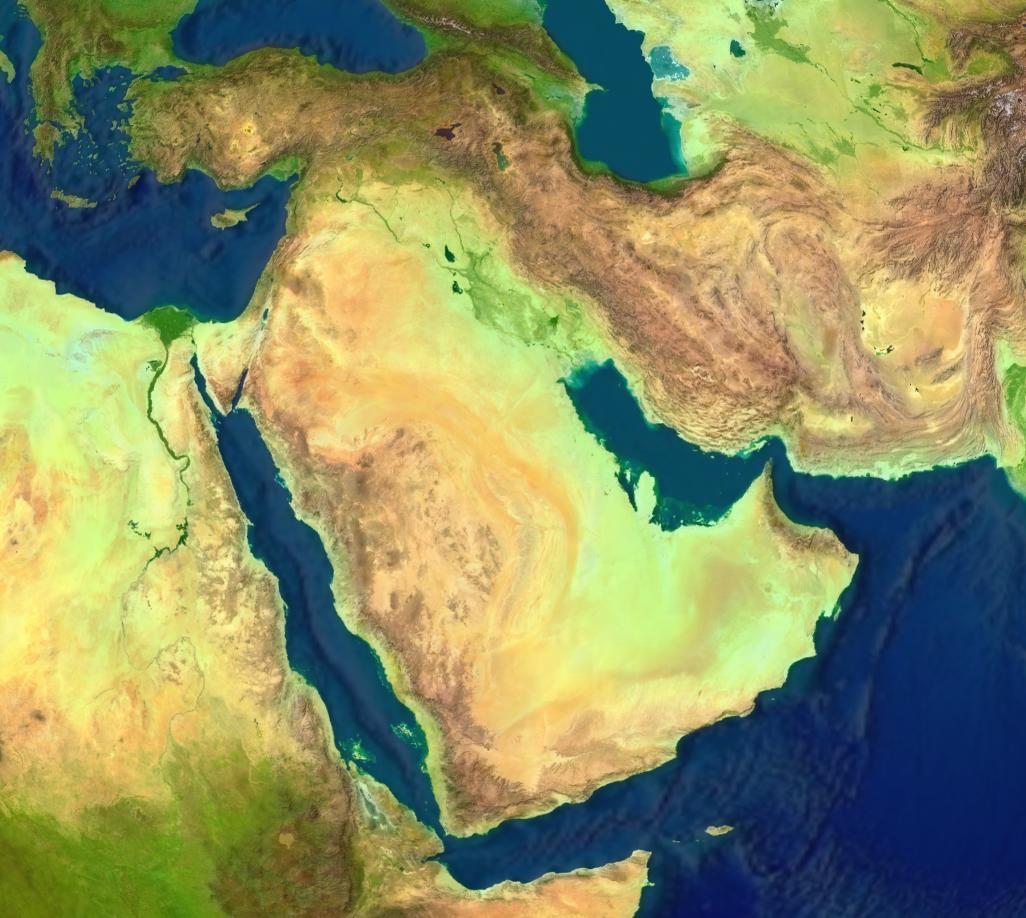4 Middle Eastern Major Economic Issues That America Should Be Involved With

The Middle East has been a prominent topic in American media throughout the 20th century, and still dominates much of the news in the 21st. Political upheaval has marked the past few years in these areas. The United States does not have the luxury of ignoring these changes that have also had an effect on a number of areas of the economy in the region.
Over the years since 1979, the United States imposed a number of sanctions on Iran, and in 2006, the United Nations joined in the effort to push the Middle Eastern county into abandoning its nuclear energy program. Although the sanctions have had a significant impact on the country’s economy, increasing unemployment and adding to inflationary pressures, Iran has a broader than just its energy resources. However, internal factors will change over time because of the growing need for employment for the growing numbers of young people who will want some kind of financial security to start their own families.
Under Israeli control, Palestine has had a difficult time developing an economy to support its growing population. Terrorist bombings caused Israel to put in a system of strict controls and separation in place that had a severely adverse impact on the Palestinian economy, which has few natural resources and must depend heavily on foreign aid to continue. America’s continued intervention to continue talks between the two nations will benefit not only Palestine but also Israel who desperately needs the Palestinians for its workforce.

From a position of weakness in the sale of military weapons, Russia has recently had a renaissance of sales to the Middle East. Egypt, Syria, Iran, Iraq and the United Arab Emirates are all courted by the Russian arms industry and have a growing influence on the purchase of military arms in these regions.
As the U.S. continues to keep negotiations with Syria alive, China’s influence on this Middle Eastern country begins to come to the fore. Syria originally came onto China’s economic radar because of its energy resources, but it soon became an important market for a broad range of goods produced by the Asian nation. Although China has had a strict hands-off policy regarding the internal working of Syria, the increasing economic ties between the two nations make it clear that China will have an interest on any sanctions imposed on the country that affects Syrians ability to buy Chinese products. America’s continued efforts to find a solution for the removal of chemical weapons from Syria will allow all nations to prosper under more acceptable policies.
These issues and others will be discussed at the upcoming international economic forum in Astana, Kazakhstan. Hopefully solutions will be found and actions plans will be implemented during this high profile conference.
Sources:
The Guardian
BBC News
The Council on Foreign Relations
The Economist
